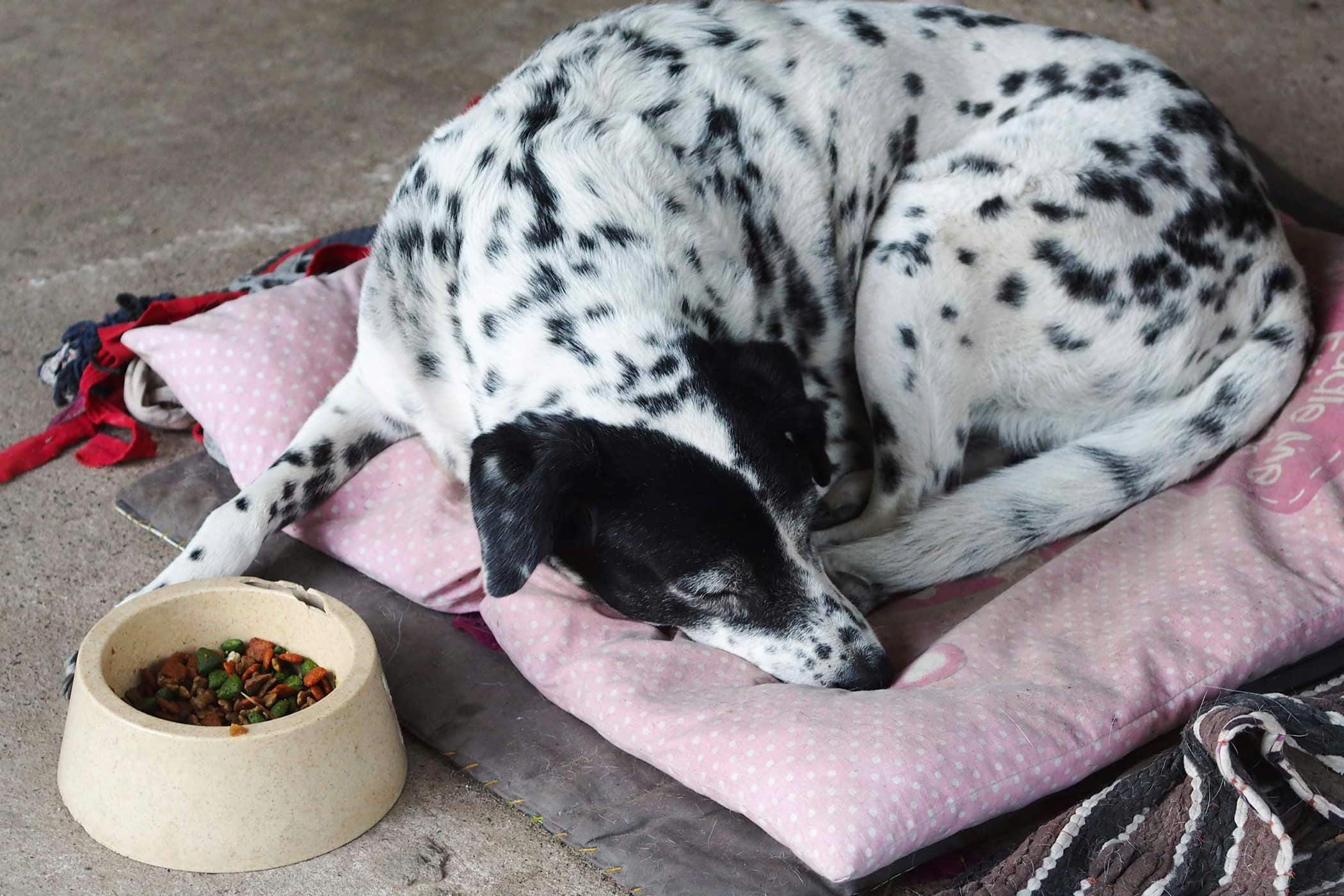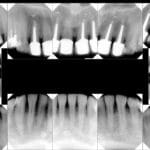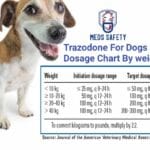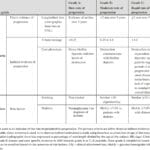This guide provides a comprehensive overview of hyporexia, a condition characterized by a decreased appetite. We’ll explore its potential causes, the effects it can have on your well-being, and effective treatment strategies. This guide also addresses hyporexia in dogs and cats.
What is Hyporexia?
Hyporexia refers to a diminished appetite, where individuals experience a reduced desire to eat. This is distinct from anorexia, which is characterized by a near-total loss of appetite. While the distinction might seem subtle, hyporexia is often a critical indicator of underlying health issues. It’s important to note that in practice, differentiating between hyporexia and anorexia can be challenging, and they are sometimes used interchangeably. Hyporexia can occur at any age but becomes increasingly prevalent with aging.
Why Does Appetite Decrease?
Several factors can contribute to hyporexia. These include psychological factors like stress, anxiety, and depression, which can disrupt the body’s natural hunger cues. Medical conditions, ranging from infections like the flu to chronic diseases like kidney issues, can also suppress appetite. Even the presence of certain tumors, though less common, can influence the desire to eat. Additionally, problems within the digestive system, such as an upset stomach or indigestion, may decrease the appeal of food. Social factors, such as isolation and loneliness, also play a role, highlighting the interconnectedness of our mental and physical health.
Effects of Untreated Hyporexia
If hyporexia persists without intervention, it can lead to several health concerns. Malnutrition is a primary concern as the body doesn’t receive the necessary vitamins and minerals for proper function. This can weaken the immune system, making individuals more susceptible to illness. Weight loss, while sometimes intentional, is often an unintended consequence of hyporexia and can further compromise health. Fatigue is another common complaint, as the body lacks the energy it needs to function optimally. In children, persistent hyporexia can hinder growth and development significantly. Prolonged anorexia (a severe form of decreased appetite) can lead to villus atrophy (damage to the small intestine), a reduced epithelial barrier (compromising the gut’s protective lining), and impaired immune function within the digestive system.
Diagnosing Hyporexia
Diagnosing hyporexia involves a comprehensive medical evaluation. Doctors will typically inquire about your medical history, conduct a physical examination, and may order tests to rule out underlying medical conditions. These tests could include blood work to assess nutritional deficiencies or other issues and imaging tests to examine the digestive system. If your numbness is caused by another condition, such as a nerve disorder, you may be given a code from ICD-10 Numbness or ICD-10 Inguinal pain depending on the underlying cause. This thorough approach helps determine the root cause of the decreased appetite and guide appropriate treatment.
Treating Hyporexia
Treating hyporexia involves a multifaceted approach that addresses both the root cause and its consequences. If an underlying medical condition is identified, treating the condition is the first step. This might involve medication, therapy, or a combination of both. Managing any resulting nutritional deficiencies is also crucial and may involve dietary adjustments or supplements.
Dietary changes can be highly beneficial. Instead of three large meals, consider consuming smaller, more frequent meals throughout the day, which can be less overwhelming for someone with a reduced appetite. Focusing on nutrient-rich foods like lean protein, whole grains, fruits, and vegetables ensures that every bite contributes to meeting the body’s nutritional needs. In some cases, a doctor might prescribe medication to stimulate appetite, but this is typically a last resort.
Emotional and social support play a significant role in recovery. Sharing meals with loved ones can make eating more enjoyable, and addressing stress and anxiety through healthy coping mechanisms like exercise or meditation can be invaluable. For caregivers, creating a pleasant and inviting mealtime environment, encouraging regular mealtimes, offering a variety of healthy foods, and providing emotional support can significantly impact the individual’s recovery.
Hyporexia in Dogs
Recognizing the Signs
If your dog is eating less than usual, they might be experiencing hyporexia. This decreased appetite, different from a complete loss of appetite (anorexia), could indicate an underlying issue. Possible causes include medical conditions like infections or dental problems, medication side effects, or even emotional factors like stress or anxiety.
Diagnosis and Treatment
The first step is a veterinary visit. Your vet will conduct a thorough exam, potentially including blood tests, urine tests, fecal exams, and imaging, to identify the cause. Treatment will depend on the diagnosis and might involve medications, dietary adjustments, or even addressing environmental stressors. Some research suggests that gut bacteria could play a role, so future treatments may explore this area.
Hyporexia in Cats
Understanding Feline Hyporexia
If your cat is displaying a decreased interest in food, they might be experiencing hyporexia. This reduced appetite, distinct from the complete refusal to eat seen in anorexia, can stem from various factors, ranging from infections and dental problems to stress and medication side effects.
Diagnosing the Problem
If you suspect your cat has hyporexia, a veterinary visit is crucial. The vet will conduct a thorough exam, potentially including blood tests, urine tests, and imaging, to pinpoint the cause. It’s important to differentiate hyporexia from picky eating, as a decreased appetite can signal a serious health concern.
Tailored Treatment Plans
Treatment will be customized based on the underlying cause. This might involve addressing a specific medical condition, managing pain, changing medications, or adapting the cat’s environment to reduce stress. Nutritional support, including syringe feeding or highly palatable foods, might be necessary if the cat isn’t eating enough.
Conclusion: Taking Charge of Your Appetite
Hyporexia, or decreased appetite, can have significant consequences. By understanding its potential causes and exploring treatment options, individuals can take steps to improve their appetite and overall well-being. Remember that research in this field is ongoing, and our understanding of hyporexia is constantly evolving. Don’t hesitate to consult with a healthcare professional for personalized guidance and support. For concerns about your pet’s appetite, consult a veterinarian. They can provide tailored advice and care.
- Unlock Water’s Symbolism: A Cross-Cultural Exploration - April 20, 2025
- Identify Black and White Snakes: Venomous or Harmless? - April 20, 2025
- Unlocking Potential: Origins High School’s NYC Story - April 20, 2025















